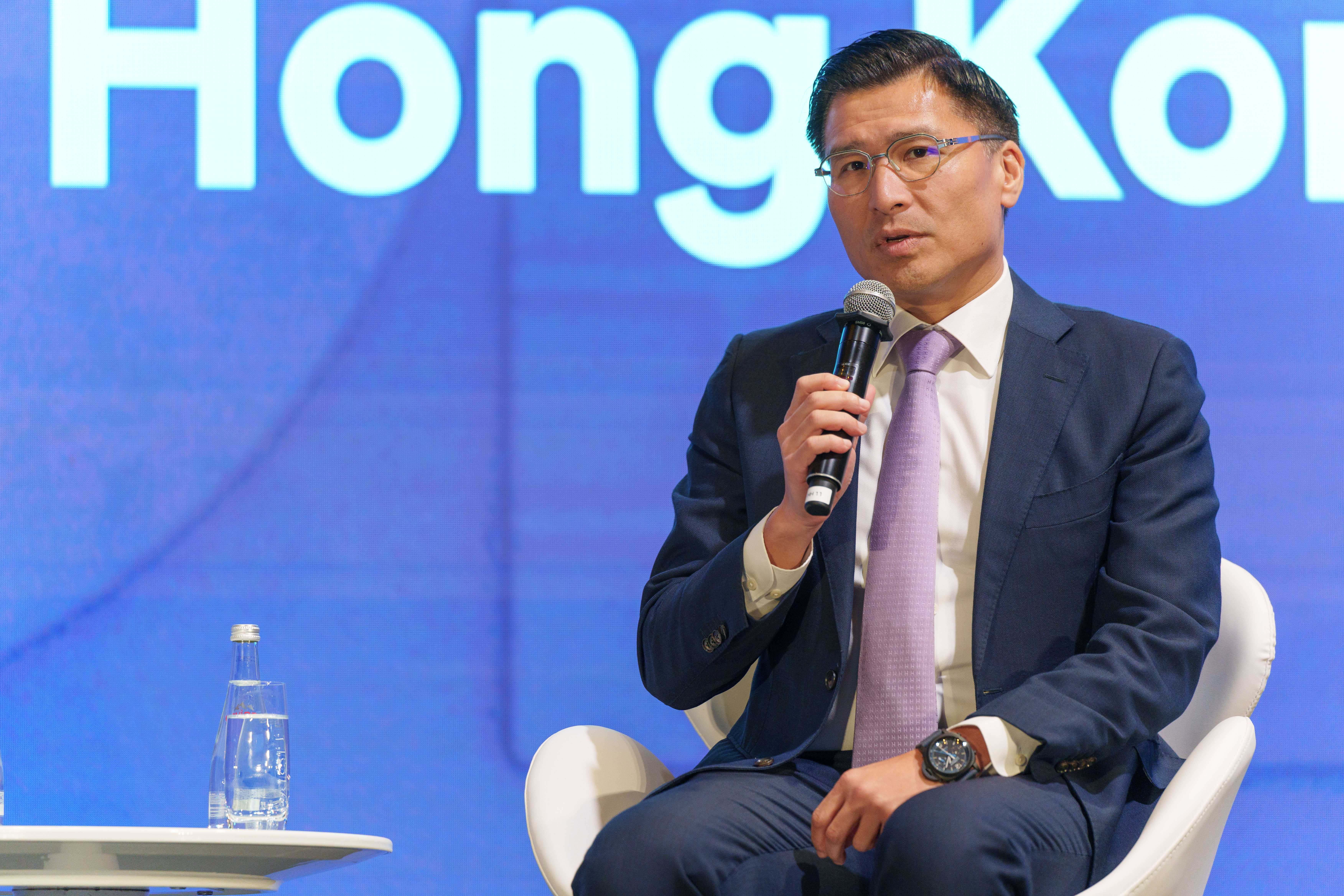
Crypto regulations are becoming fiercely competitive in Asia, as regions like Hong Kong and Singapore aim to establish themselves as leaders in the crypto sector. However, the central challenge remains to design regulations that ensure investor protections while also enticing business growth and investment.
Hong Kong holds a notable advantage due to its common-law establishment in traditional finance, which has enabled its economy to be considered one of the most open globally, according to a recent report from a Canadian think tank identifying it as the “freest economy” in the world, with Singapore in close pursuit.
Nevertheless, Hong Kong’s approach to crypto regulation has been relatively measured compared to Singapore’s rapid advancements. Duncan Chiu, a member of the Legislative Council and chair of the Technology and Innovation Committee, advocates for this cautious stance, believing it offers strategic advantages.
“Being a late mover can sometimes be beneficial because it allows you to gain clear insights,” stated Chiu in a recent interview with CoinDesk.
Chiu noted that the quick passage of crypto regulations by Singapore’s Monetary Authority led to misclassifications, initially treating crypto as mere payment tools rather than as unique asset classes. Similar early missteps were observed in Japan, highlighting a trend that necessitates adaptable regulations.
Chiu, recognized as a significant proponent of crypto in Hong Kong, alongside fellow LegCo member Johnny Ng, emphasizes the need for clearer definitions for various digital assets. He believes that specific assets should be treated as securities, while others, like memecoins, should remain unregulated, akin to collectibles.
Furthermore, he acknowledges that the current arrangement, where existing financial regulators handle crypto oversight instead of creating separate regulatory bodies, is effective. This includes the Securities and Futures Commission, which has expanded its digital asset team.
In summary, establishing a clear regulatory framework for cryptocurrencies in Hong Kong that aligns with global standards, while preserving the territory’s competitive edge, remains Duncan Chiu’s priority and reflects the broader complexities in the evolving crypto landscape.


